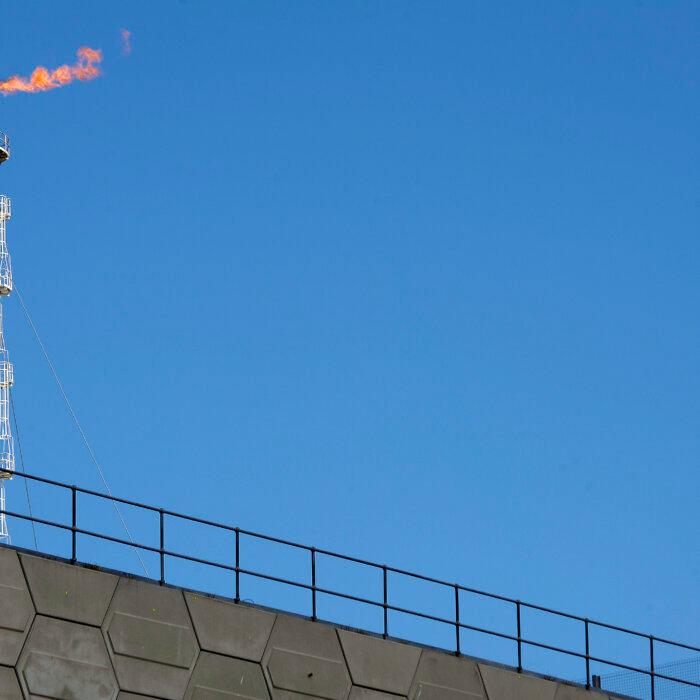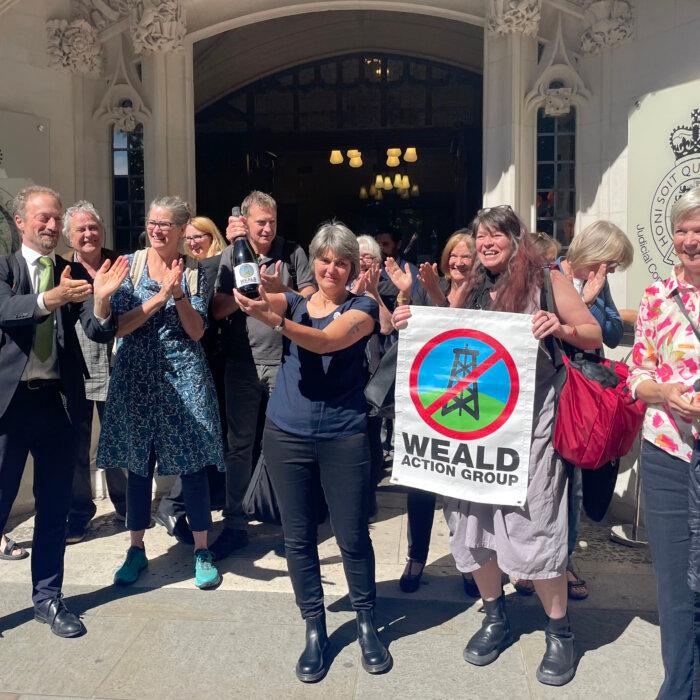A decision to approve an oilfield has been quashed following a climate change Supreme Court judgment, according to lawyers.
Campaign group SOS Biscathorpe had brought a High Court claim against the Department of Levelling Up, Housing and Communities over the decision to permit exploratory oil drilling and production at a site in Biscathorpe, East Midlands.
It ruled the grant of planning permission for oil production was unlawful for failing to assess the “downstream” greenhouse gas emissions.
Significant Implications
A second case on the same day highlighted the implications for new fossil fuel projects.On Thursday the Labour government said it will no longer defend a decision, made by the previous government, to allow a new coalmine, the first in the UK in 30 years, in Cumbria.
The proposed coal mine intended to extract metallurgical coal, a fuel in the blast furnace method of steel production.
Friends of the Earth (FoE) and South Lakes Action on Climate Change (SLACC), represented also by law firm Leigh Day, had brought a similar claim against the Department for Housing, Communities and Local Government.
‘Effectively End our Ability to Build Anything’
Last month, critics of the Supreme Court judgment expressed concerns about the broader implications of prioritising carbon dioxide emission reductions over all other considerations.Conservative councillor Tom Jones told The Epoch Times that a precedent of including downstream emissions is “insanely dangerous.”
“If applied across the planning system this will effectively end our ability to build anything. It won’t just ban fossil fuels but any emission-producing sites, like houses, or businesses,” he said.
The Epoch Times contacted West Cumbria Mining and Egdon Resources for a response.






